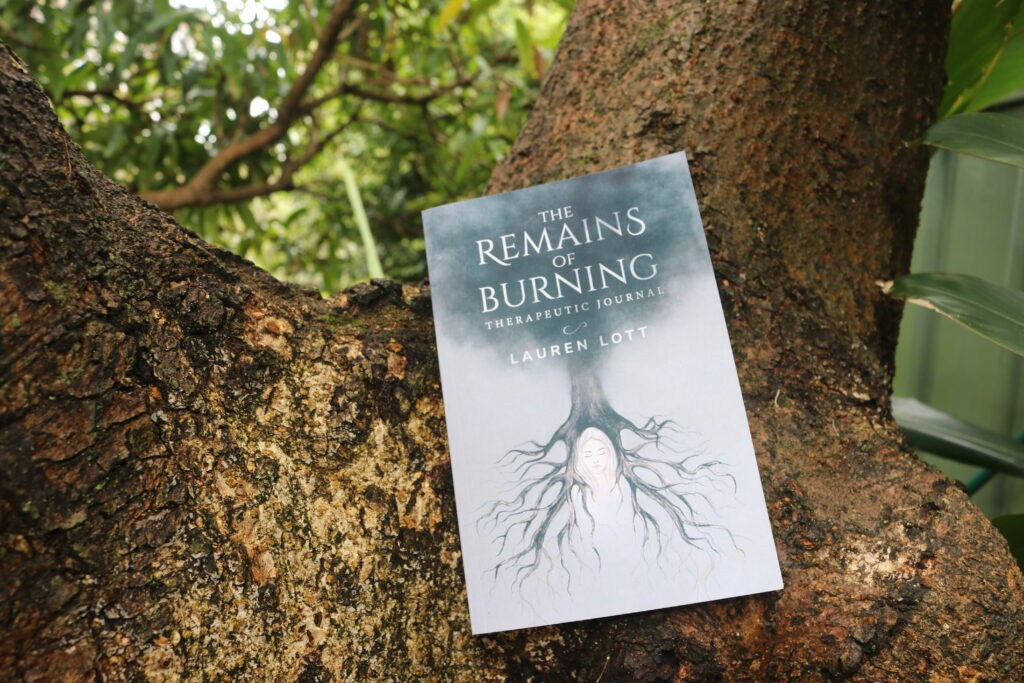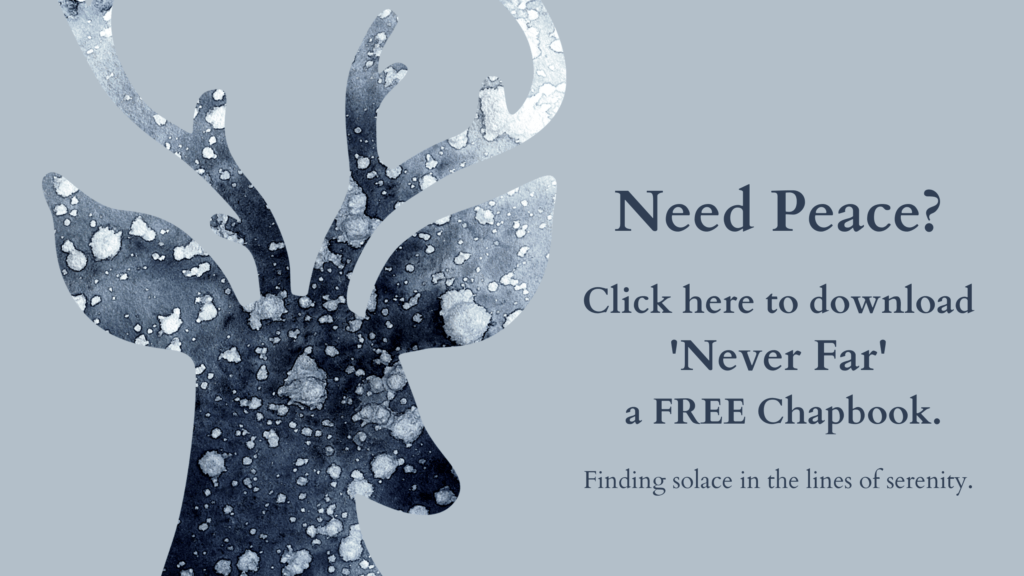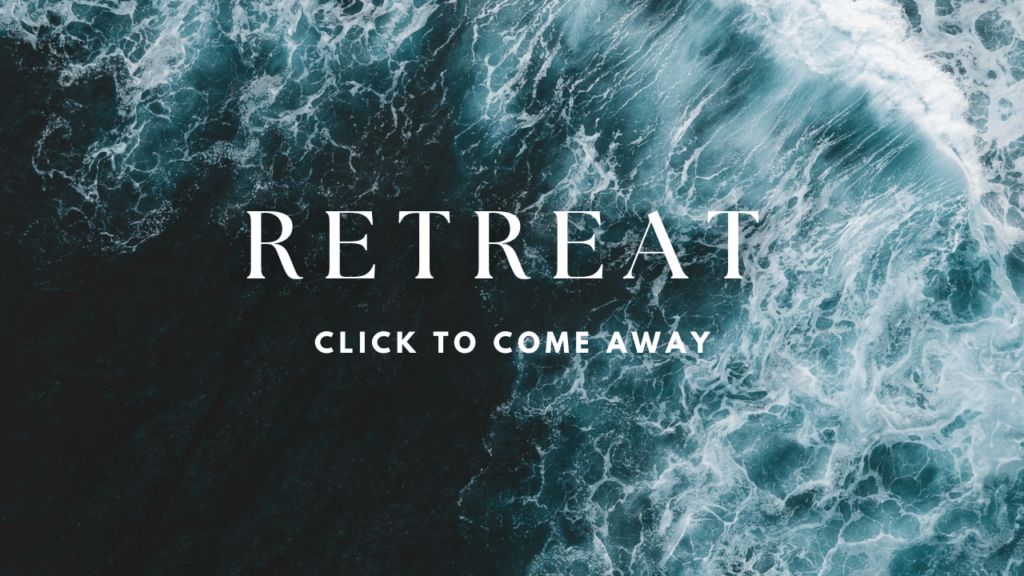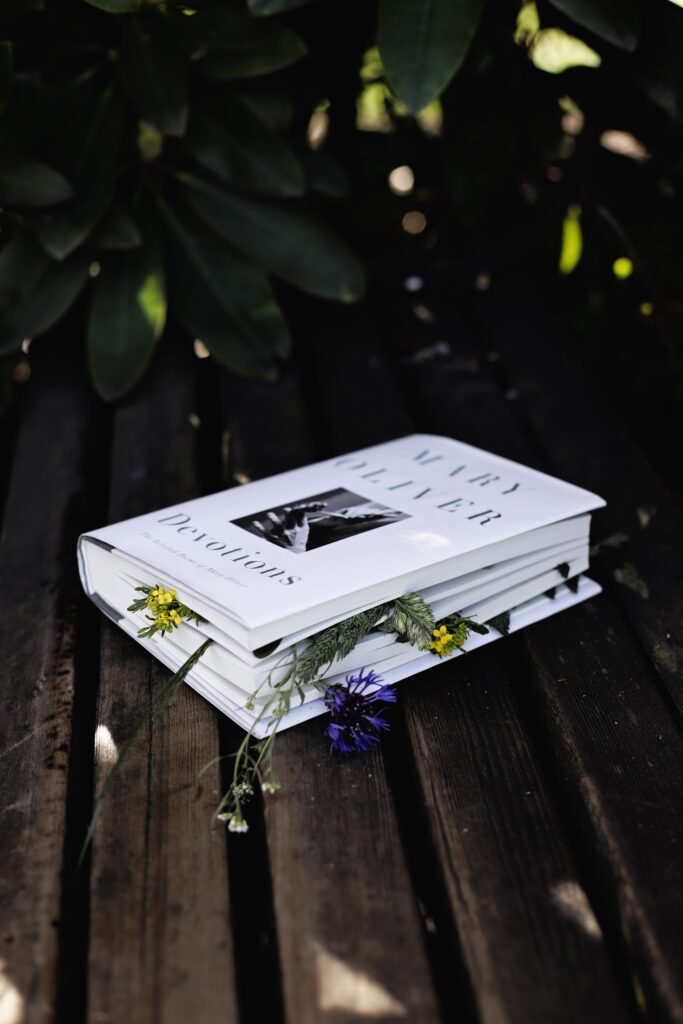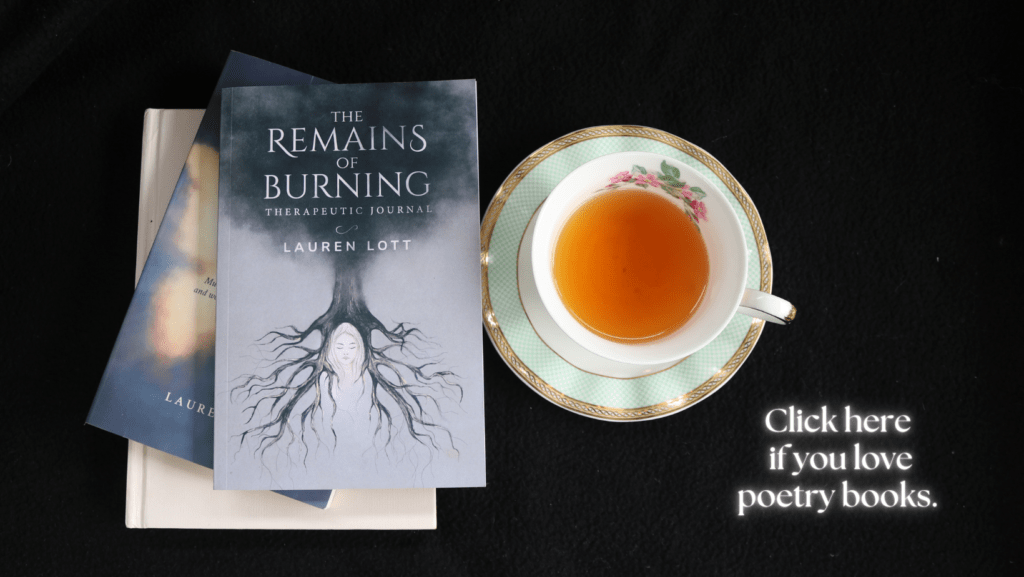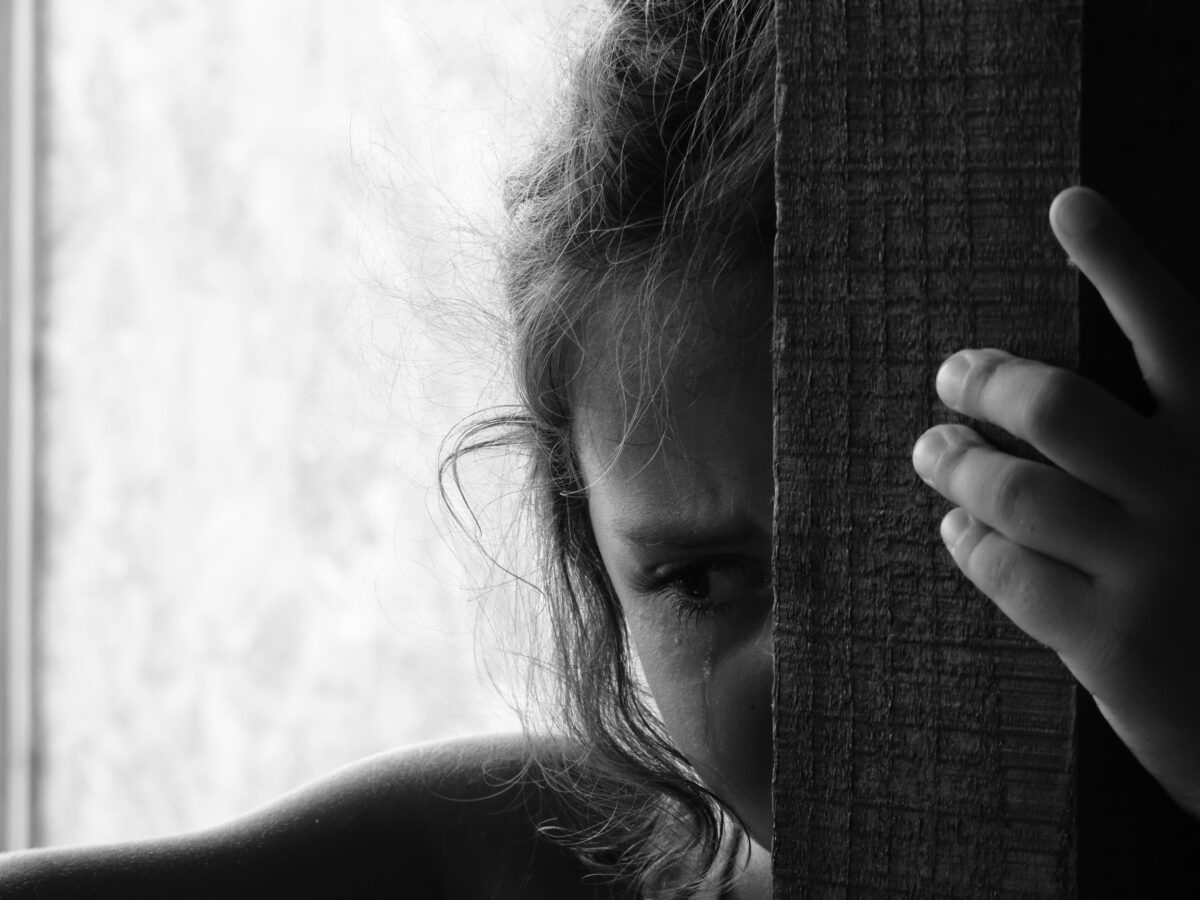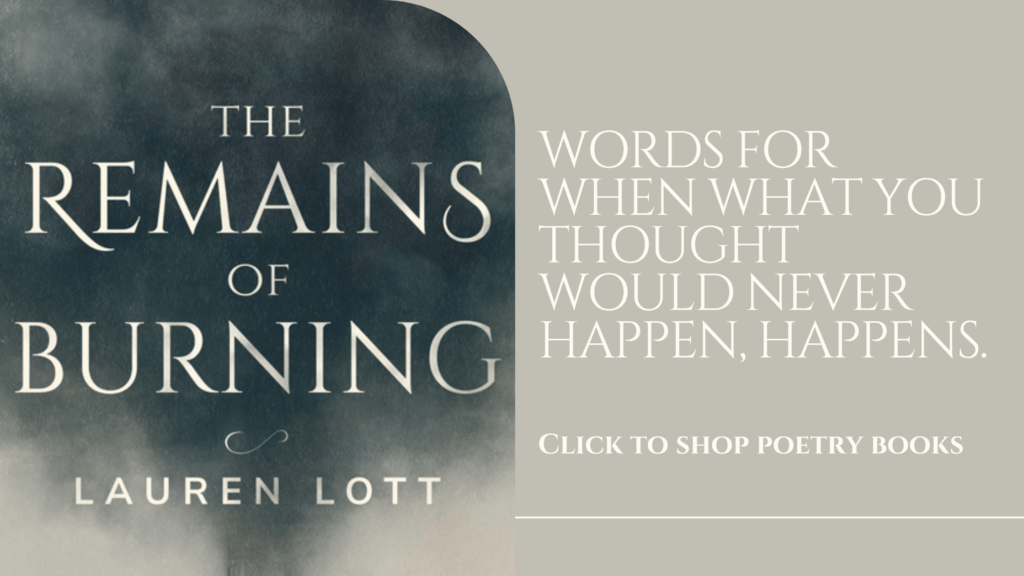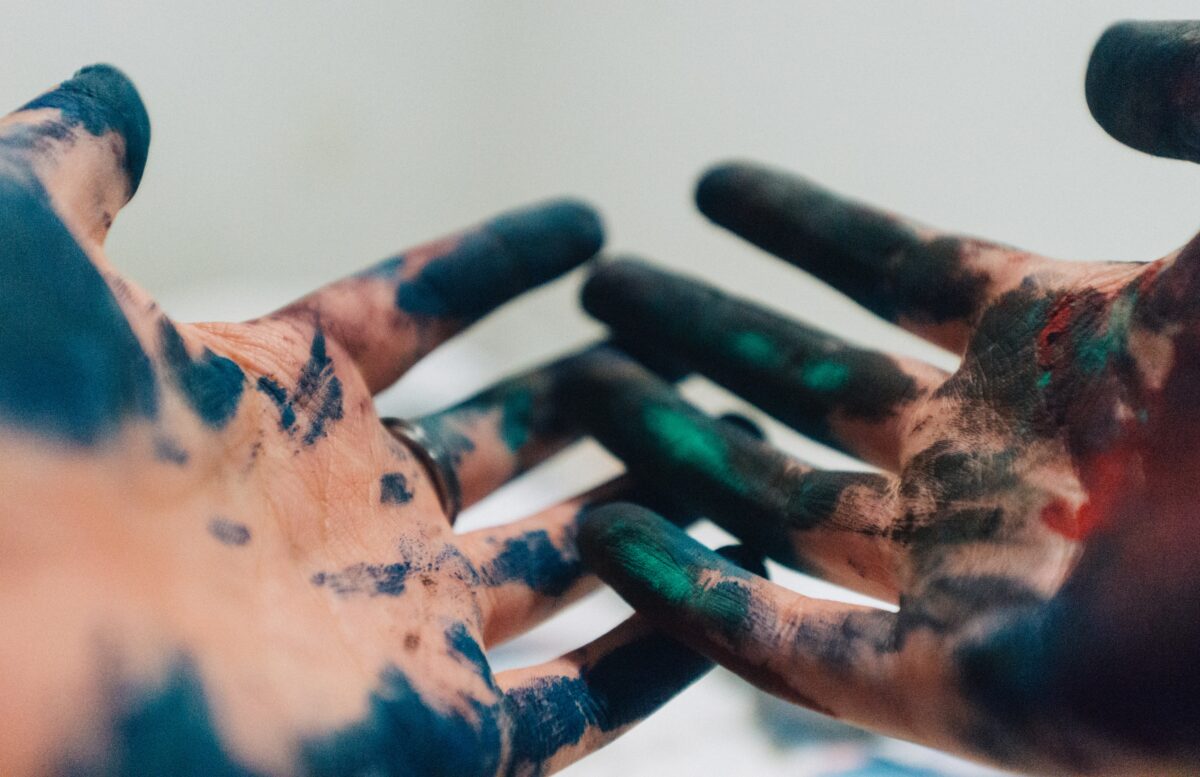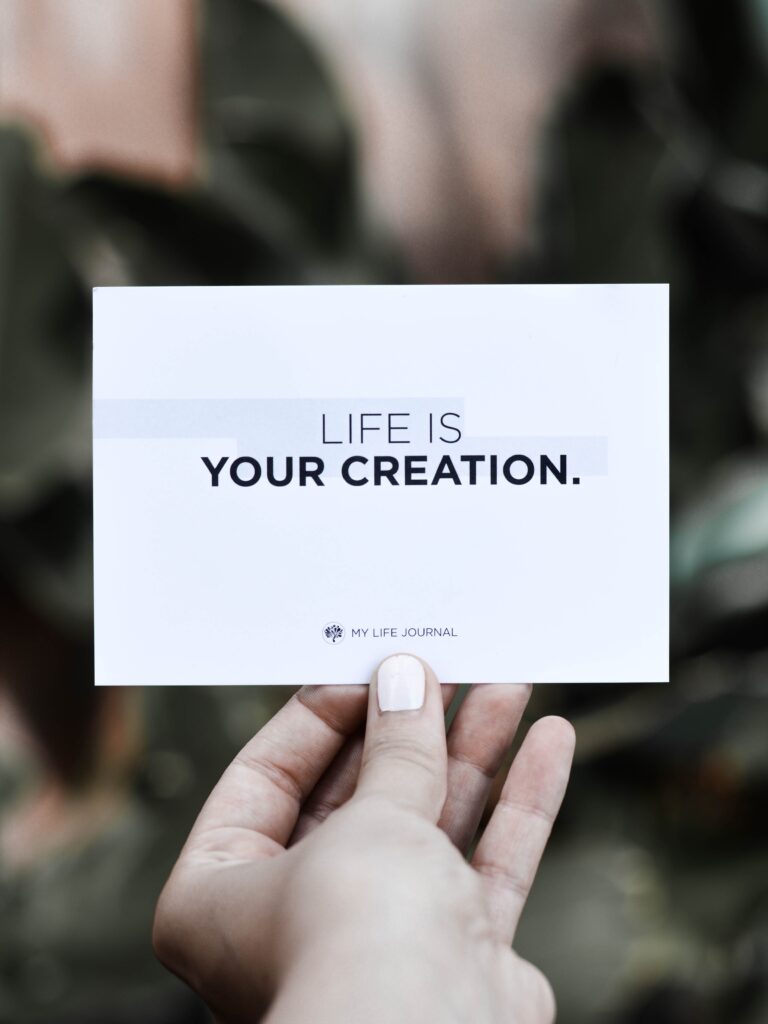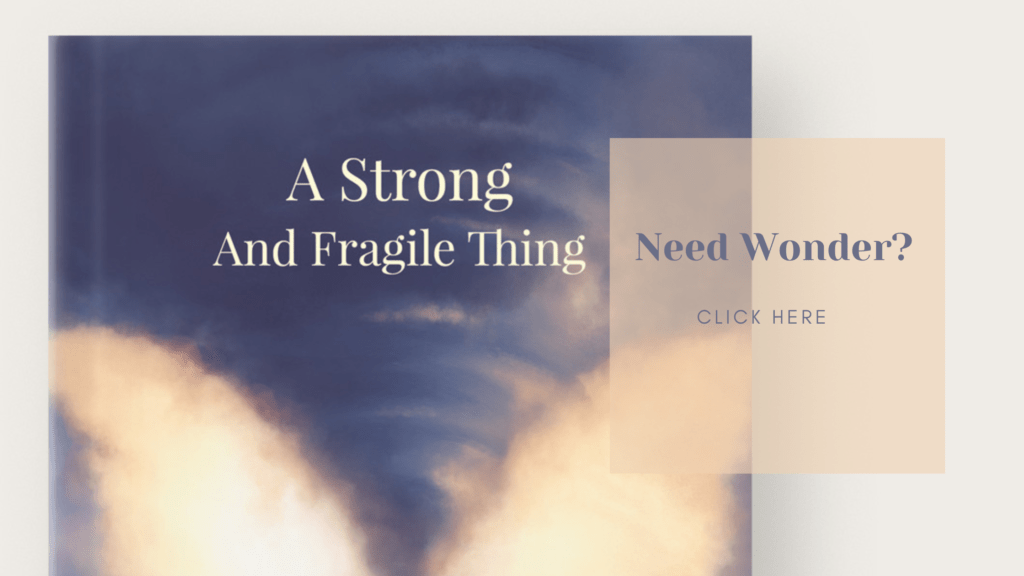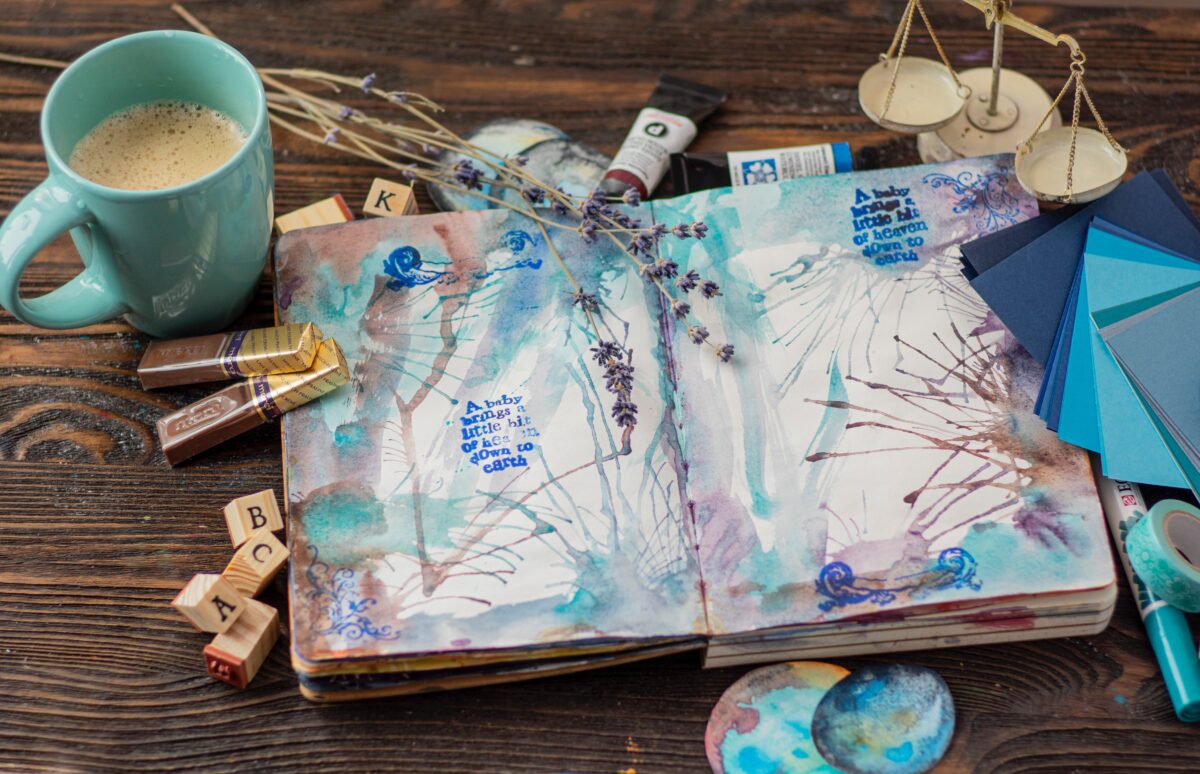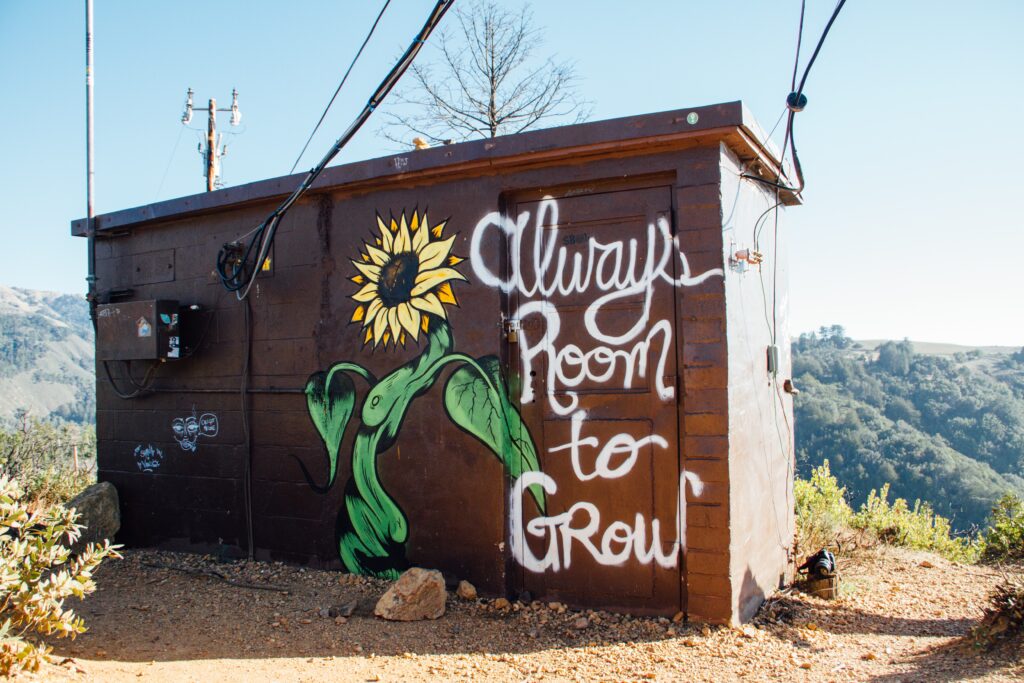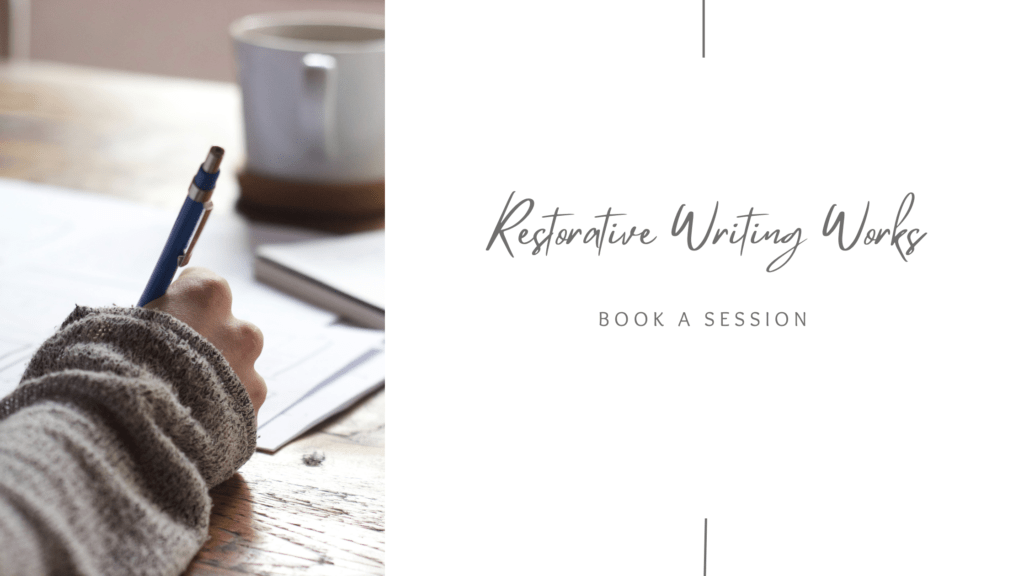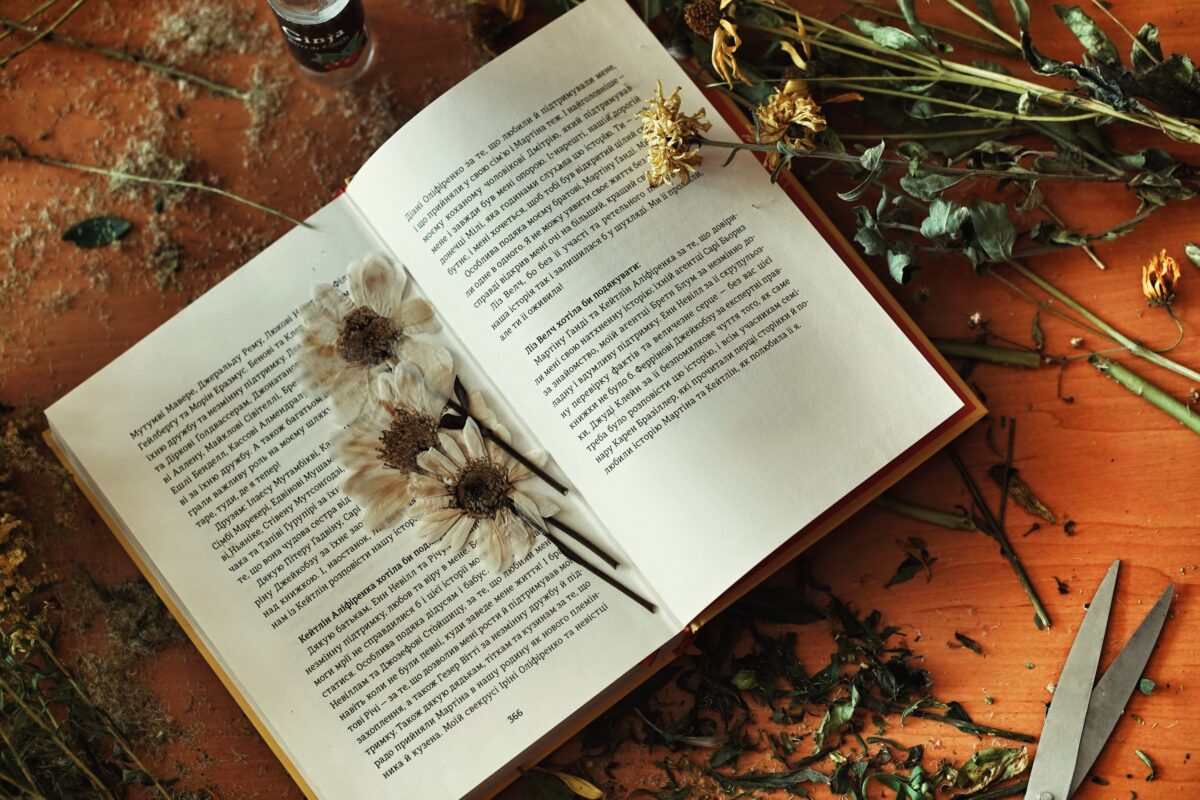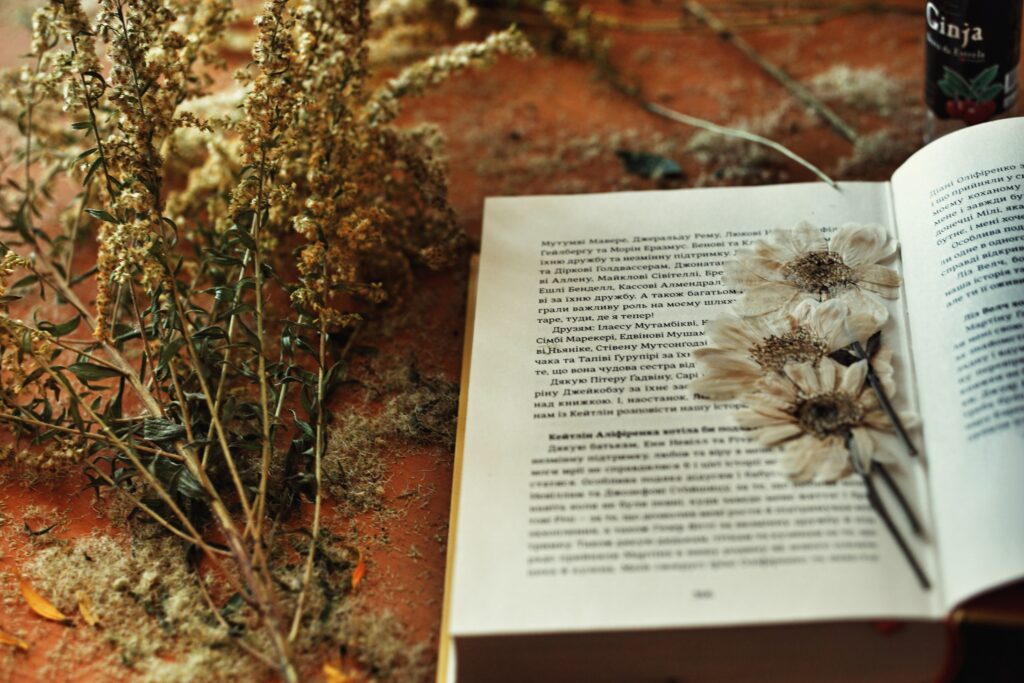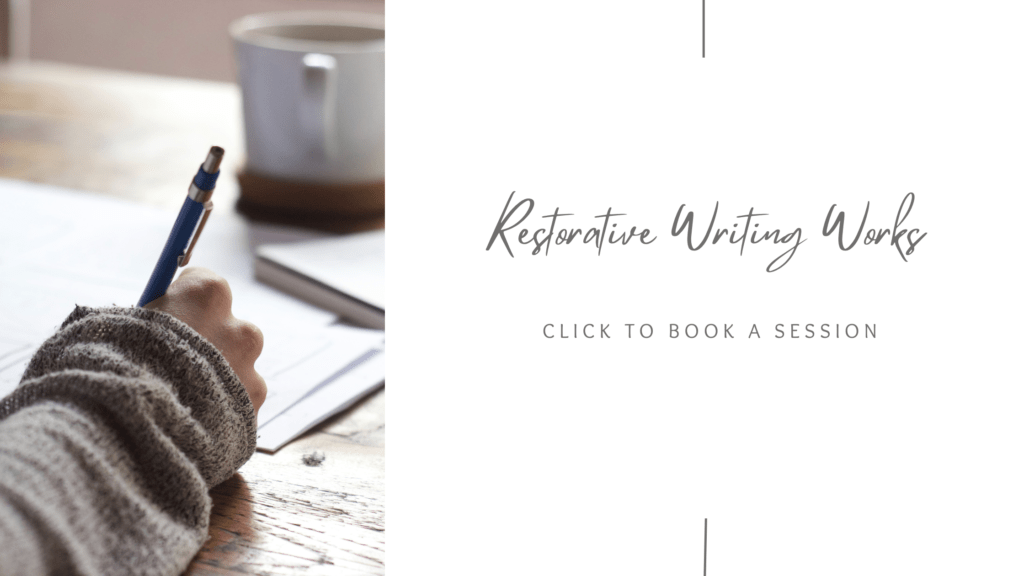If you’re like me, you’re always on the lookout for a good book, and when I say a ‘good book’ I mean inspirational non-fiction. These gems serve as beacons of knowledge, showcasing the transformative journeys of remarkable individuals and unveiling the profound insights they have gained along the way. They possess the unique ability to instill in us a profound sense of motivation and hope.
When I read, I not only want to be entertained but transformed. I want my soul to be nourished, my mind to be stimulated and my spirit to lift. I know that’s a pretty big ask from just some words on paper, but I have had many experiences where books have left me feeling winged.
In a world that often feels fast-paced and disconnected, slowing down to read intentionally instead of taking in what scrolling serves up has become an uneasy, yet essential pursuit. Within the realm of inspirational nonfiction, I embark on a journey that invites me to align with meaning and service, empowering me to create a life of fulfillment and impact.

Discovering Your Unique Path: Unleashing Your Gifts and Passions
Inspirational non-fiction books that focus on purposeful living guide us to discover our unique gifts, passions, and talents. They encourage us to dive deep within ourselves, exploring our authentic desires and uncovering the essence of who we truly are.
By embracing our individuality and leveraging our unique talents, we step onto a path that resonates deeply with our souls and allows us to make a meaningful contribution. If that sounds good to you, I recommend:
- “Big Magic: Creative Living Beyond Fear” by Elizabeth Gilbert
- “The Purpose Driven Life: What on Earth Am I Here For?” by Rick Warren
- “The War of Art: Break Through the Blocks and Win Your Inner Creative Battles” by Steven Pressfield
- “The Artist’s Way: A Spiritual Path to Higher Creativity” by Julia Cameron
- “Finding Your Own North Star: Claiming the Life You Were Meant to Live” by Martha Beck
Aligning with Meaning: Clarifying Values and Priorities
Lucily, when I was young, I learnt that living a purposeful life requires me to align my actions with my core values and priorities. Personally, I have 3 core values.
Creativity – there just has to be space in my life to explore my imagination and ingest the innovation of others.
Authenticity – I can’t fake it. Oh yes, I’ve tried, but there is something that makes me feel violated within when I keep truth hidden. I want the real stuff, even if it’s ugly.
Freedom – I believe in the inherent right of individuals to express themselves, make choices, and pursue their aspirations without undue constraints. It’s important to me that I be free to follow my heart.
Inspirational non-fiction books offer practical tools and thought-provoking exercises to help us clarify our core beliefs, identify what truly matters to us, and create a value-based roadmap for our lives. Some books that have helped me do this are:
- “Man’s Search for Meaning” by Viktor E. Frankl
- “The Alchemist” by Paulo Coelho
- Daring Greatly: How the Courage to Be Vulnerable Transforms the Way We Live, Love, Parent, and Lead”
- “The Untethered Soul: The Journey Beyond Yourself” by Michael A. Singer
- The Art of Work: A Proven Path to Discovering What You Were Meant to Do” by Jeff Goins
Embracing Service: Making a Positive Impact in the World
I believe by embracing acts of kindness, compassion, and generosity, we tap into the joy of service and create a ripple effect that extends far beyond our individual lives.
However, to do this, I need constant encouragement. Inspirational non-fiction helps me to expand my vision beyond myself and recognise that my purpose is intimately connected to the well-being of others. Books that you could read to help you embrace service include:
- “The Giving Tree” by Shel Silverstein
- “The Diary of a Young Girl” by Anne Frank
- “Quiet Strength: The Principles, Practices, and Priorities of a Winning Life” by Tony Dungy
- “Educated: A Memoir” by Tara Westover
- “Becoming” by Michelle Obama
Living in Alignment: Embracing Authenticity and Growth
Alignment starts with being honest about where we are. We must acknowledge the reality of things to heal, grow and change.
By nurturing our own growth, we not only position ourselves to live purposely but also inspire others to embark on their own authentic path. I recommend these books to help you embrace authenticity and growth include:
- “What I Know for Sure” by Oprah Winfrey is a collection of insightful reflections and life lessons
- “Rising Strong: How the Ability to Reset Transforms the Way We Live, Love, Parent, and Lead” by Brené Brown:
- “The Book of Awakening: Having the Life You Want by Being Present to the Life You Have” by Mark Nepo:
- “Year of Yes: How to Dance It Out, Stand In the Sun and Be Your Own Person” by Shonda Rhimes
- “The Path Made Clear: Discovering Your Life’s Direction and Purpose” by Oprah Winfrey
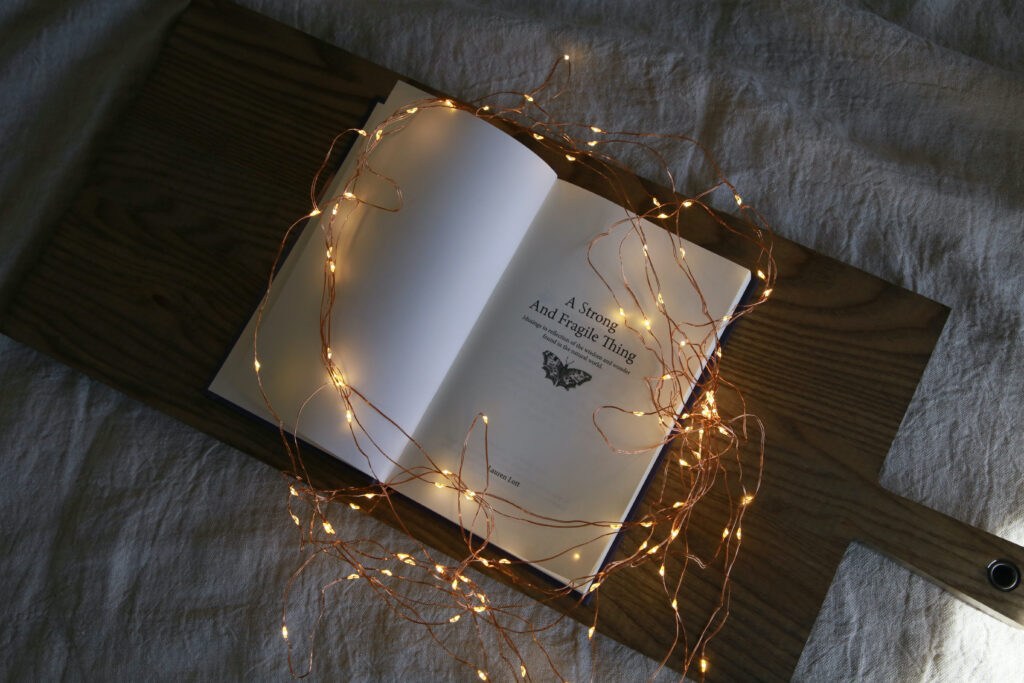
When I write poetry, I strive for it to serve as a wellspring of wisdom and inspiration. I want to capture the essence of the human experience by delving into universal themes of love, resilience, self-discovery, and personal growth. I seek to uplift spirits, ignite hope, and provide solace during challenging times.
Along with the lists of books in this blog post, I hope my books can be a ‘well’ of sorts, quenching your thirst for wisdom and inspiration. For a closer look click here.


